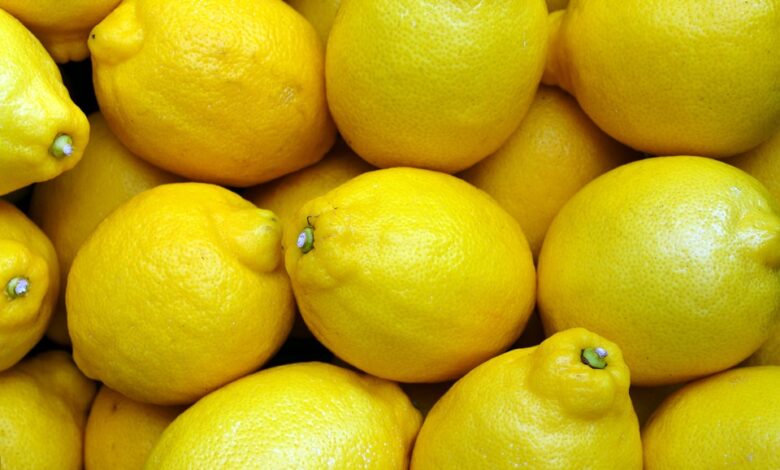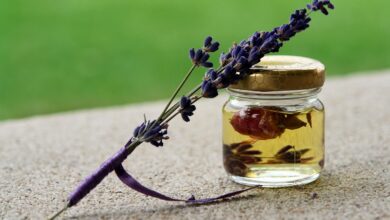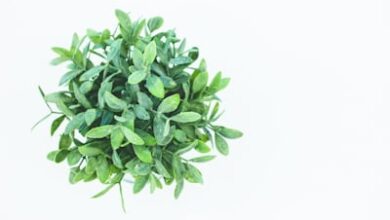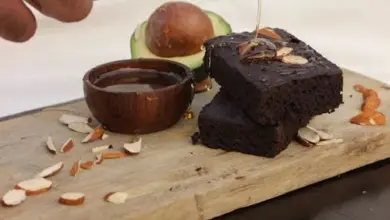The Potential Harm of Lemon on Hair
The Potential Harm of Lemon on Hair: A Comprehensive Analysis

Lemon, known for its high vitamin C content and acidic properties, is often touted as a natural remedy for various hair issues, including dandruff, excessive oil, and dullness. While lemon does offer some benefits for hair, it also comes with potential drawbacks that should be carefully considered. This article explores the adverse effects of lemon on hair, providing a detailed understanding of how and why these issues occur, and offering guidance on how to mitigate them.
Understanding the Properties of Lemon
Lemon juice is acidic, with a pH level of around 2-3. It contains citric acid, which is responsible for its sour taste and strong cleansing properties. Additionally, lemon is rich in vitamin C, which is an antioxidant that can help combat free radical damage.
Potential Harm of Lemon on Hair
Dryness and Dehydration
One of the most significant risks associated with using lemon on hair is dryness. The high acidity of lemon can strip the hair and scalp of their natural oils, leading to dryness and dehydration. This can make hair brittle, more prone to breakage, and result in split ends.
Explanation
The scalp naturally produces sebum, an oil that moisturizes and protects hair. When lemon juice is applied, its acidic nature can disrupt the scalp’s oil balance, removing too much sebum and leaving hair dry and unprotected.
Scalp Irritation and Sensitivity
Applying lemon juice directly to the scalp can cause irritation, especially for individuals with sensitive skin. Symptoms may include redness, itching, burning sensations, and even inflammation.
Explanation
The citric acid in lemon juice can be harsh on the delicate skin of the scalp. Prolonged exposure or repeated use can exacerbate these symptoms, leading to discomfort and potential damage to the scalp’s protective barrier.
Lightening and Color Damage
Lemon juice is often used as a natural hair lightener. While this can be desirable for some, it can also lead to uneven and unpredictable results. Moreover, the lightening effect of lemon can cause damage to the hair cuticle, leading to weakened strands.
Explanation
Lemon juice acts as a bleaching agent due to its acidic nature and the presence of vitamin C. When exposed to sunlight, the acid accelerates the lightening process, breaking down the hair’s melanin (pigment). This can result in hair that is more susceptible to environmental damage and more prone to dryness and brittleness.
Hair Texture Changes
Regular use of lemon juice on hair can alter its texture. Some people report their hair becoming frizzier, coarser, or harder to manage after using lemon juice treatments.
Explanation
The acidic nature of lemon juice can disrupt the hair’s natural pH balance, which is typically around 4.5-5.5. This disruption can affect the hair cuticle, causing it to lift and making hair feel rough and frizzy. Additionally, the loss of natural oils can lead to a coarser texture.
Potential for Increased Breakage
As lemon juice can weaken the hair shaft by stripping away natural oils and altering the hair’s structure, it can also lead to increased hair breakage.
Explanation
The dryness and brittleness caused by the acidic nature of lemon juice make hair more prone to breaking when subjected to physical stress, such as brushing, styling, or even towel drying.
Mitigating the Negative Effects
Dilution
To reduce the harsh effects of lemon juice, it is advisable to dilute it with water before application. A common recommendation is to mix one part lemon juice with two parts water.
Limiting Exposure Time
Avoid leaving lemon juice on the hair for extended periods. 10-15 minutes is generally sufficient to achieve the desired effects without causing excessive dryness or damage.
Moisturizing Treatments
Following a lemon juice treatment with a deep conditioning mask or natural oils (such as coconut oil, argan oil, or olive oil) can help restore moisture and protect the hair from dryness and damage.
Avoiding Sun Exposure
Do not expose your hair to direct sunlight immediately after applying lemon juice. The combination of lemon juice and UV rays can accelerate the lightening process and increase the risk of hair damage.
Patch Test
Before applying lemon juice to the entire scalp or hair, perform a patch test on a small section of skin to ensure there is no adverse reaction.
While lemon juice can offer certain benefits for hair, such as removing excess oil and providing a natural lightening effect, it is crucial to be aware of its potential harms. Dryness, scalp irritation, texture changes, and increased breakage are among the primary concerns associated with its use. By understanding these risks and taking appropriate precautions, such as diluting the juice, limiting exposure time, and following up with moisturizing treatments, you can enjoy the benefits of lemon juice while minimizing its negative effects on your hair. Always consider your hair type and sensitivity before incorporating lemon juice into your hair care routine, and consult a professional if in doubt.




